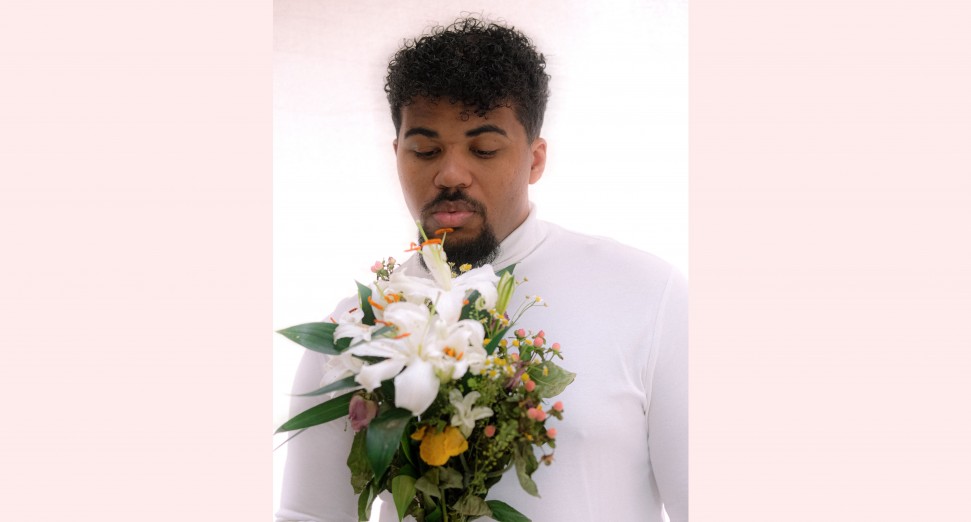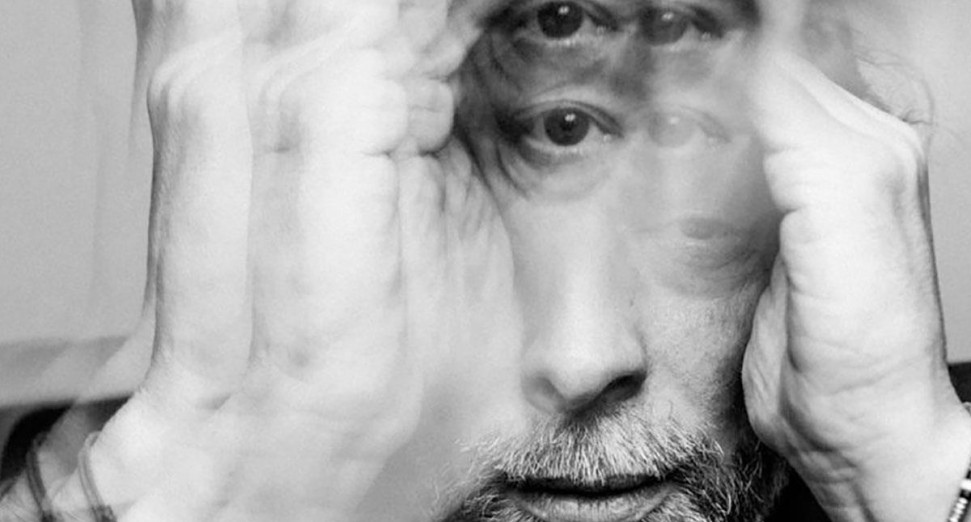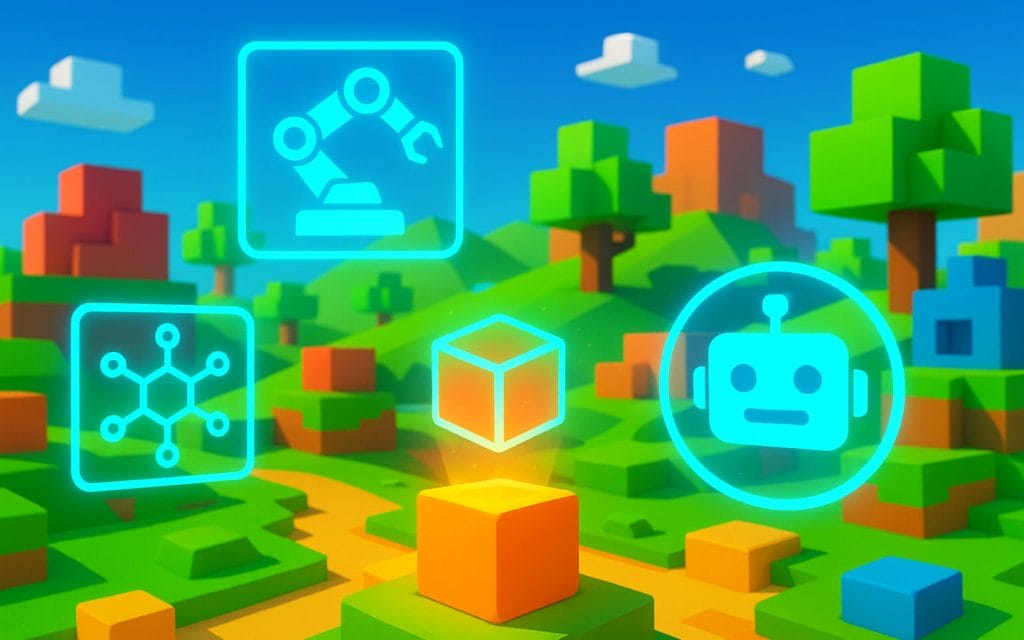
[INTERVIEW] Caleb Jackson On Crafting Psychedelic House That Breaks Boundaries
With a global presence and a sound that defies conventional limits, Caleb Jackson is quickly becoming one of the most exciting names in underground dance music.
Originally from Australia’s vibrant club circuit and now based in Berlin, Caleb is known for his energetic, groove-laced psychedelic house — an evolving style rooted in deep musicality, genre fusion, and fearless experimentation. His catalog has found a home on revered international labels including MicroHertz, Metafloor, Desert Hearts, Pitch, and Elrow, with four EPs reaching Beatport’s coveted Top 10.
As a DJ, he’s brought his unmistakable flair to iconic stages like Fabric, Thuishaven, Lost Paradise, Burning Man, and his residency at Sydney’s beloved Lost Sundays, delivering high-energy sets designed to both move the dance floor and challenge its boundaries. Now, with a summer in Berlin ahead and more music on the way, Caleb continues to blur the lines between club belters and soulful introspective grooves.
In this interview, we dive into his creative process, global experiences, and why authenticity and community are the foundation of everything he does.
You have built a reputation for fusing genres and pushing boundaries. What is one unexpected genre or influence you would like to incorporate into your sound next?
I’m really feeling that G-Funk era of hip hop at the moment, but I also want to bring back a little of that early Pharrell Williams energy. A touch more soul, but still with a fat house groove. I swing between wanting to write full club belters and introspective deep house groovers.
Your recent Booty Worship EP has been making waves with its irresistible house-fueled grooves. What track from the EP pushed you the most out of your comfort zone as a producer, and why?
“Feels Good”! It’s the most musical track on the release, with a new style of energy I hadn’t leaned into before — kinda sleazy, low-slung, loungy vibes. Not your typical house banger.
You have played some of the most respected clubs and festivals worldwide, from Fabric to Burning Man. Which festival or club has been your favorite to perform at, and what made that experience special?
That’s a hard one! All those venues were so unique. I’d have to say the most special was performing at our sound camp called Bang Bang — we throw three big parties during the festival, and showcasing my sound in that environment, surrounded by community, is unforgettable.
How do you tailor your sets depending on the vibe of the festival or club you are playing at?
I try to do my research, know what I’m walking into and the vibe of the crowd. I always come in with the intention of providing an unforgettable experience that also challenges me. It’s all for the people. I don’t pre-plan sets, but I do prepare.
With four of your EPs charting in the Beatport Top 10, what do you think has been the key to your success in consistently creating music that resonates with both DJs and listeners?
I’d say just make music that you love. If it comes from the right place, people will resonate with it. Be inspired by others, but don’t replicate.
If you could collaborate with one artist, past or present, who would it be, and what would that collaboration sound like?
Oh man, that has got to be Quincy Jones. Everything he touched blows my mind. A couple of tracks with him would be undeniable and unforgettable bangers. It would definitely have an underlying MJ vibe.
In light of you spending from now through the summer in Berlin, how do you predict the city’s underground scene will influence your approach to DJing and production?
I might potentially transition into hard techno, just joking. Berlin has a thriving house scene that really lit a fire under me. It’s a little slower and more considered, with long set times in mind. I feel like it inspires me to explore less peak-time energy ideas and inject more emotion into my music.
Do you have any pre-set or post-set rituals that help you get into the zone or wind down after a performance?
Apart from a tactical toilet maneuver… I’d say really spending time feeling the energy in the room and studying what the crowd is doing. Hanging with the promoters who work so hard to make these events possible — major respect to them. Maybe a shot or two of tequila.
You have released music on MicroHertz, Metafloor, Elrow, Pitch, Desert Hearts, and more. What draws you to a label when deciding where to release your music?
They have all put out music I love from artists I respect, and they’re run by legends. I think it’s important to have a relationship with the people who believe in your music. I’m really drawn to the community aspect.
The Australian dance music scene has a strong identity. How does it compare to the scenes in Europe and North America, and what makes it stand out to you?
I have got so much love for the scene in Australia. People here live for it. It’s fun and often very silly — no one takes themselves too seriously. The crowd aren’t just attending; they are typically part of the entertainment. What we lack in size, we make up for in spirit. Other parts of the world have had more time to institutionalize their scenes, so it’s just a bit different.
What advice would you give to up-and-coming producers who want to develop a unique sound and stand out in the electronic music industry?
Like I said earlier — be inspired, but don’t replicate. Prioritize creativity over fitting into a sound that might suit a label. It’s a slower burn, but it’s worth it. It sets you up to do what you want, and people grow to expect something new. Don’t rush it.
Through performing at Lost Sundays in Sydney as a resident, how has that residency shaped your growth as an artist, and what have you learned from regularly playing to that crowd?
Lost Sundays has done so much to help me define my sound. It takes a lot of energy to hold the crowd, so it’s definitely pushed me to level up my production. Having such a vibrant community to test music on has been amazing. Every time I play, it feels like home. The team behind the scenes is like family.
Your music is deeply groove-driven with a psychedelic edge; what techniques or elements do you focus on to maintain that balance between energy and hypnotic rhythm?
I focus on adding humanistic elements that make the music feel less computer-generated. I treat producing like I’m a one-man band jamming with myself — creating something where everything calls and responds. I don’t always nail it, but that’s the goal.
You have a really cool and unique sense of fashion. Do you see a connection between your style and your music? Also, what are some of your favorite brands or go-to fits when you are playing a show or just out and about?
Thank you! It’s all a form of expression — I have always loved pushing the limits with what I wear. It just feels right to dress as jazzy as the art you create. If I can inspire someone in the crowd to feel more free to express themselves, then amazing.
Keeping fits fresh takes effort though. I thrift a lot and check in with a few stores regularly. A brand I wear loads is Loiter. Sometimes I get lazy and rock the classic DJ uniform — oversized tee and a cap.
What are your biggest goals as a DJ and producer for 2025? Are there any dream labels, festivals, or milestones you are aiming for?
My goal this year is to keep being authentic and true to myself as an artist. I’ve signed music I love to dream labels, shows are confirmed across the world, and the possibilities feel endless. At the end of the day, it’s about keeping it real, surrounding yourself with good people, and enjoying a boogie. My biggest goal is to keep connecting with the community and giving back through music.
But hey, if Circoloco gave me the call-up, I wouldn’t complain.



